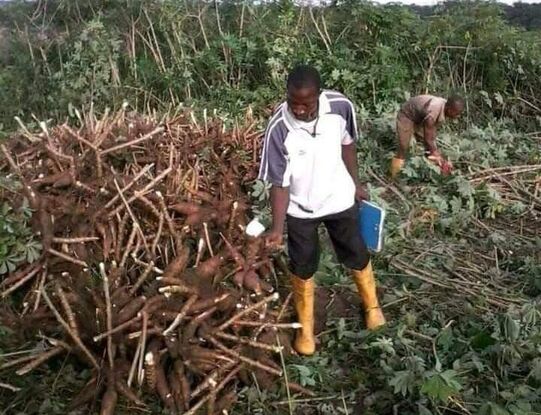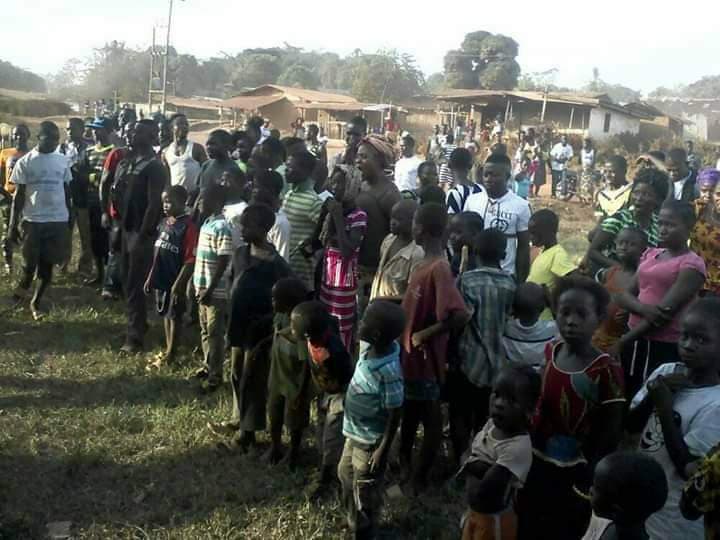|
Agriculture is the primary livelihood for over 70% of Liberia’s population and provides sustenance for many households engaging in cassava, rice, vegetables, oil palm, cocoa, or rubber production
On the overall, agricultural productivity is low, resulting in Liberia importing more than 80% of its rice, pepper and other commodities, thereby making the country vulnerable to global food price volatility. The agriculture sector lacks basic infrastructures such as machines farming Equipment/tools, farm to market road fertilizers and pesticides, and food storage capacity. |
There are market opportunities in agribusiness investment which focuses on developing the value chain of the available food crops such as rice, cassava, vegetable, fruit, poultry and fish. Other opportunities include private financing in the agriculture value chain including development financing, micro financing, business development, agro-inputs, agro-logistics, packaging and storage.
Recognizing that agricultural growth is more effective in reducing poverty than any other effort in the other sectors, Liberia Sustainable Agriculture Initiative, Inc. (LSAI), has come to expand the status of farming in Liberia beyond the current level of to a production system that creates not just sustainability, but also creates food sovereignty which allows farmers control over the way food is produce, trade and consumed thereby revitalizing activities of small farming groups that contribute to sustainable economic growth and development, and to increase farmers’ income – all aimed at measurably supporting the pro-poor agenda.
Recognizing that agricultural growth is more effective in reducing poverty than any other effort in the other sectors, Liberia Sustainable Agriculture Initiative, Inc. (LSAI), has come to expand the status of farming in Liberia beyond the current level of to a production system that creates not just sustainability, but also creates food sovereignty which allows farmers control over the way food is produce, trade and consumed thereby revitalizing activities of small farming groups that contribute to sustainable economic growth and development, and to increase farmers’ income – all aimed at measurably supporting the pro-poor agenda.


